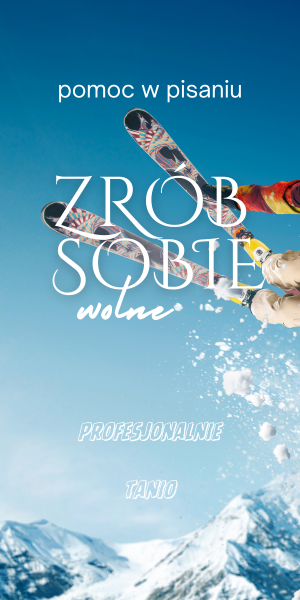Last Tuesday, representatives of Polish Humanities Crisis Committee discussed the changes in the financing of science with the authorities of the Minister of Science and Higher Education. Humanists have stated that the activation of the community would continue, and the Ministry promised to respond to the demands in writing.
During Tuesday’s meeting, representatives of the Polish Humanities Crisis Committee presented the demands formulated during the congress „University crisis, science crisis, work crisis”, which was held in February in Warsaw. The demands have been signed by the representatives of more than 70 research units that threatened protests if their proposals are ignored. Polish Economic Society and trade unions also expressed support for the demands.
The representatives of the Polish Humanities Crisis Committee presented five groups of demands. In the first group, they specified the system changes that must be introduced in the financing of higher education. In their opinion, the teaching subsidy distribution method should be changed so that the subsidy is not dependent on the number of students at the university. According to the authors of the demands, maintaining such a system threatens not only certain institutions, but whole disciplines.
„Demographic low is not a problem in itself. However, due to the demographic low, there is a problem with some courses and colleges, leading to a deterioration in the quality of education. Student groups are becoming larger, employees are being dismissed, certain fields of study eliminated. The question that should be posed is how to deal with these problems” – Prof. Małgorzata Kowalska from the Polish Humanities Crisis Committee said during the meeting.
Deputy Minister of Science Marek Ratajczak pointed out that since 2012 only 12 percent of the subsidy depends on the number of students. „The question is, how far we have come away from the number of students criterion? Should we fund the very existence of the university? At this point it is not true that it all depends on the number of students” – said Ratajczak.
The second group demands for changes in the funding of institutions and research included the call for increased funding for science and increased importance of fixed funding for science, not based on a grant system. „If we subtract the European funds, the percentage of GDP spent on science in Poland is the lowest in several decades. It is probably high time to try to form working groups with representatives of the community that would work on the rules of distribution of funds, stability of employment and careers in science” – said Julian Srebrny from the National Science Section of the „Solidarity”.
Deputy Minister for Science reminded that funds for science increased by approx. 10 percent in the budget for 2015. „We agree about the fact that we would like to have more money in the system, there is also room for discussion on how to distribute these funds. However, Minister of Science does not decide on the size of the budget, we are only one of the beneficiaries of the budget” – emphasised Ratajczak.
The third group demands included the proposal to introduce separate research evaluation systems for individual branches of science. At present, research units in the area of humanities and natural sciences are subject to the same criteria of evaluation.
Deputy Minister Ratajczak noted that the Research Units Evaluation Committee was working on new rules for the evaluation of research units. The Committee has already proposed, inter alia, the introduction of new rules for scoring monographs, the introduction of the outstanding monograph category, and the abandonment of different scores for the monographs in Polish and foreign languages. Deputy Minister Ratajczak suggested that the representatives of the Polish Humanities Crisis Committee should to send their proposals to the Research Units Evaluation Committee, when changes in the evaluation system are put into consultation with the scientific community.
Other demands of the Polish Humanities Crisis Committee included: ensuring transparency and objectivity of academic staff evaluation; ensuring stable working and development conditions for academic staff, in accordance with the recommendations of the European Charter for Researchers.
„We are collecting signals, demands from various communities regarding the changes in the fundamental regulations concerning higher education. At some point, we will move on to the next stage” – said Deputy Minister of Science. „I have the impression that you expect that the meeting will end with the declaration the establishment of teams that will meet, discuss and work. These teams will be established, when we proceed to the concrete work on the new law” – said Ratajczak. Deputy Minister also announced that the Ministry of Science and is ready for further talks with representatives of the Committee. The Ministry will respond to all the demands of the representatives of the of humanists in writing.
Alexander Temkin from the Polish Humanities Crisis Committee announced that it will be necessary to further mobilise and activate the scientific community. „We will determine forms that it will take together with our partners” – said Temkin.
PAP – Science and Scholarship in Poland




